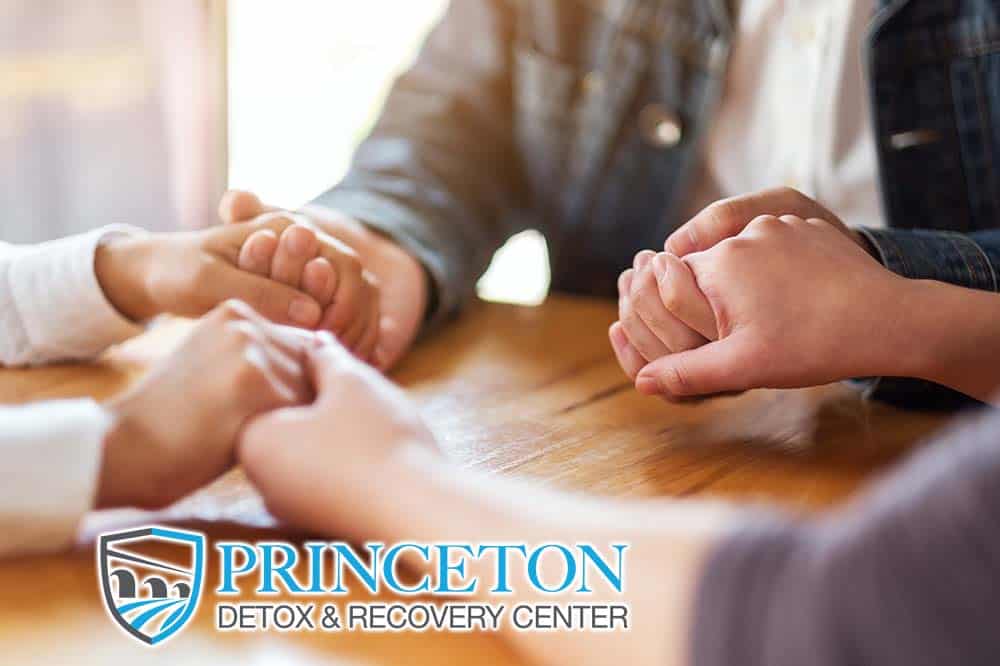Addiction is a daily reality for millions of Americans. Thankfully access to local substance use treatment is more readily available than ever before. With quality facilities nationwide (1), those in need are generally able to receive adequate treatment for their substance use disorders and any co-occurring issues they might be grappling with. As treatment options increase, however, so do the decisions related to choosing a treatment facility. The information available can become overwhelming at times, but throughout this important decision making process, there are a few of the most important factors to consider.
A simple step that you can take right now in obtaining detailed and accurate information concerning substance use treatment is contacting Guardian Recovery Network. With our team of trained intake coordinators available 24/7, we have made providing information and guidance to all who call a top priority. With our nationwide network of quality treatment facilities, local options are available regardless of where you live. Call Guardian Recovery Network today to discuss your treatment options and begin your journey to freedom from addiction.
Benefits of Local Addiction Programs
Often, local treatment options are the first options considered by participants and loved ones for a multitude of reasons. Many times the speed at which someone is able to arrive at the facility determines how quickly they are able to begin the process of treatment. With facilities being local, the participant is able to begin treatment without the hassle of long distance travel.
A crucial, and often overlooked, element of local substance use treatment is the nearby support of family and friends. Throughout the treatment process, participants will be addressing a multitude of sensitive issues leaving them to feel emotionally drained. Often, the support of loved ones can provide the strength and support needed to continue the treatment process. Visits, supplies, and friendly faces are all an important part of this support process and are all able to be accomplished if the treatment facility is local to the participant and their support system.
Age Restrictions
Most facilities, unless specially designed for adolescents, have a minimum age of 18 years old. There is often no restriction on the maximum age of a participant as long as they are able to adequately function and participate throughout the treatment process. If you fall into either of these categories, specialized treatment facilities are available to address these individual needs.
What Is the Program’s Treatment Environment Like?
Being able to see the treatment setting and activity amenities often provides an added level of comfort for the participant and their families. Local treatment facilities offer the added benefit of touring the facility before the first day of treatment. Meeting with counselors and other staff will give the participant a feel for the treatment environment ahead of time in order to ensure that they will receive the maximum benefit from their time in the program.
Facility Amenities
Many times, the amenities available will be a determining factor for those choosing a treatment facility. Ensuring the temporary living arrangements throughout treatment are adequate will help make the process easier for the participant. Often facilities will have areas for exercise and physical activities (2), an important part of the recovery process. Along with this, details like transportation, living environment, and eating environment are all important factors to consider.
Are Family Involvement & Support Offered?
A key element for many beginning the process of recovery is the restoration of healthy relationships with family members. Family group therapy sessions are offered by many treatment facilities for this specific purpose. This will often resemble a group therapy session facilitated by a therapist and only involving members of the participant’s family.
We Are Here For You
Let Us Help You Heal
Our Drugs & Alcohol detoxification experience is second to none.
Learn how we can help by speaking with one of our Treatment Advisors today.
What Is the Program’s Staff-to-Patient Ratio?
Another determining factor for many is the staff-to-patient ratio. Though there are many exceptions, generally the more staff that is available for each client can play an important role in determining the quality of the treatment received. With a higher staff-to-patient ratio, facilities are often able to specialize their treatment approach to address the specific needs of each client.
How Does the Program Address Co-Occurring Disorders?
A co-occuring disorder refers to the presence of another mental health related issue (3) besides the substance use disorder. This is a common occurrence for many who seek treatment. It will require specialized treatment options consisting of clinicians who are educated and trained in these areas. When considering a facility, an important factor is the ability to provide this type of quality treatment if necessary.
How Does the Program Approach Addiction Treatment?
With a multitude of treatment approaches, an important factor to consider is each facility’s specific approach to addiction and how it is treated. There is no “one size fits all” approach to recovery and sobriety. Varying views on the scientific, practical, and spiritual findings and information available can greatly determine the methods that the facility will use to address what they believe is the most important part of the initial recovery process.
Treatment Philosophy & Holistic Care
More treatment facilities than ever are addressing substance use treatment with a holistic approach. Holistic refers to treating the individual as a whole and understanding that substance use disorders affect and negatively impact every area of the participant’s life and therefore should all be addressed.
Levels of Care
With each unique life journey that leads to substance use treatment, each person’s treatment level requirements will differ as well. Ranging from detox to outpatient and after care treatment levels, there are a multitude of options available. Some focus more on the medical aspects of the initial recovery process while others focus on the life skills and reintegration into society that may be required for the participant.
Addiction Treatment Therapy & Mental Health Counseling Services
A cornerstone to the treatment process is the therapy that is received. If mental health services are required, ensuring that the facility has the capacity to meet these needs will play a major role in determining the potential outcome of a treatment experience.
Qualifications of the Staff
Knowing that your clinician possesses the qualifications necessary in addressing your specific issues is an important factor in the process of building trust and establishing rapport. When speaking with and touring treatment facilities, asking what qualifications the clinicians are required to meet will help ensure that quality substance use care is received.
Relapse Prevention & Aftercare Support
From the very beginning of the treatment process and ongoing throughout, is the discussion of long term aftercare options. Pursuing aftercare will ensure that participants begin a lifestyle of recovery that will last. Seeking details and understanding the quality of the aftercare programs available from each facility will play an important role in making a final decision concerning which facility to choose.
Contact Us to Learn More
Guardian Recovery Network understands the important nature of each of these determining factors and is committed to providing the highest quality of care in each category. With clinicians meeting the highest standards of accreditation, specific practices geared to co-occurring disorders, and high staff-to-client ratios, we understand the factors that make for high quality substance use treatment and are committed to each. Call Guardian Recovery Network today to speak with an intake coordinator and begin your journey to freedom from addiction.

Reviewed for accuracy by:
Amanda Hilzer M.Ed, CAADC, IADAC, ICCS, LCADC, CCS
Amanda graduated from Lehigh University with both an undergraduate degree in Psychology and a Master’s of Education degree in Counseling Psychology and has worked in the field of substance use disorder treatment and mental health treatment as a counselor and as a clinical manager for over 14 years.


































